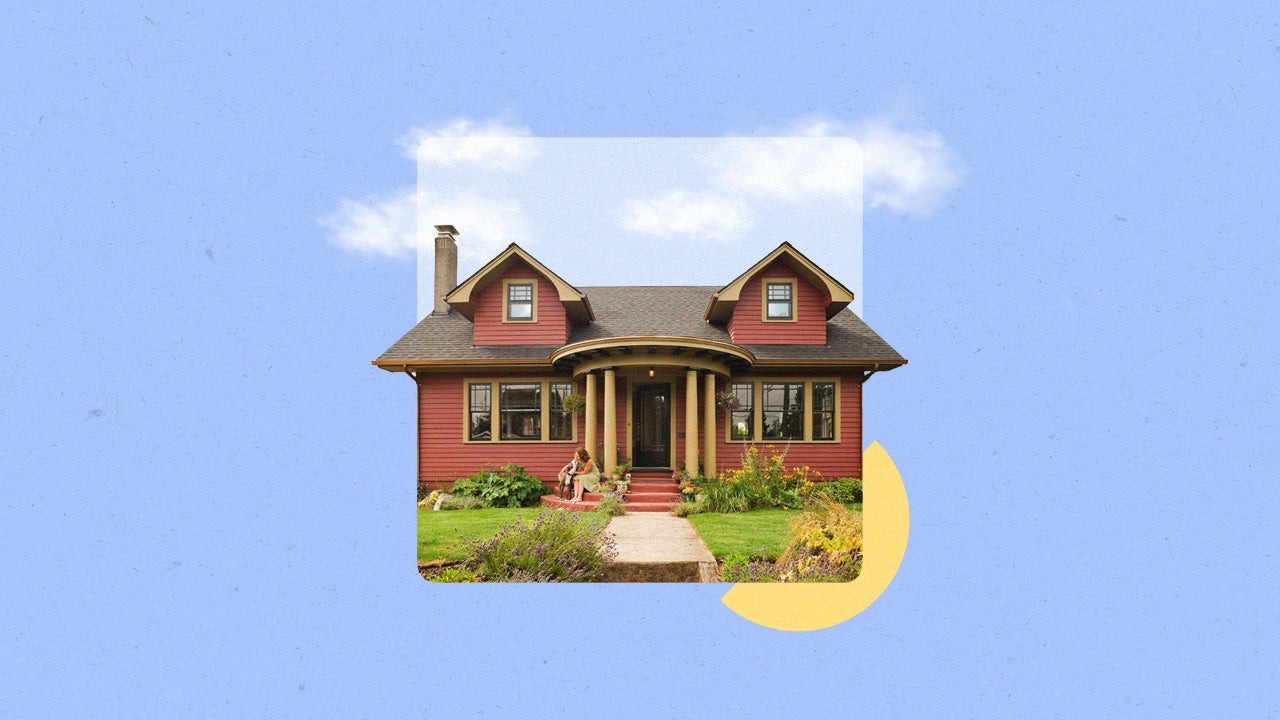Mortgage note: What is it and how does it work?




Key takeaways
- A mortgage note represents a home loan for a given borrower. The note is a security instrument that allows the loan to be grouped with other mortgages after closing and sold to investors.
- A mortgage note comes with a promissory note, which is the borrower’s promise to repay the loan. The promissory note spells out the loan details, as well as what could happen if it isn’t repaid.
- Keep your mortgage note and promissory note in a safe place for as long as you own your home.
What is a mortgage note?
A mortgage note is one of many closing documents a borrower signs when closing on a home loan. In simplest terms, it represents the mortgage for a given borrower.
In technical terms, a mortgage note is a security instrument. When borrowers close on mortgages, lenders typically sell the mortgage notes to Fannie Mae and Freddie Mac. These are then packaged into mortgage-backed securities (MBS) on the secondary mortgage market. The note provides assurance that the borrower has agreed to repay the loan.
You might hear the mortgage note referred to as the “promissory note,” or even the “mortgage promissory note.” Many mortgage lenders use these terms interchangeably. Like the mortgage note, the promissory note is a record of the borrower’s promise to repay the loan.
The mortgage promissory note includes the borrower’s “promise to pay” the loan. It also lists the consequences should the borrower pay late or miss a payment, along with:
- Amount you’re borrowing
- Interest rate (if an adjustable-rate mortgage, this is the introductory rate)
- Monthly payment amount and due date
- Information about the property
- Information about the borrower’s “right to prepay”
- ARM cap information, if applicable
Mortgage promissory note example
Who holds the mortgage note?
As the borrower, you’ll receive a copy of your mortgage note at closing, not the original. The original mortgage note is held by your mortgage lender or servicer until (or unless) the lender sells it on the secondary market. Most lenders do this relatively quickly after closing.
That’s because the note is a security instrument, often pooled in mortgage-backed securities bought and sold by investors. Your note might be sold many times until you pay the loan off.
What happens when a mortgage note is sold?
What happens to your mortgage note if you default?
If you stop making mortgage payments, your mortgage lender or servicer can legally begin the foreclosure process. Your lender will use the mortgage note to move forward with these proceedings, starting with a notice of default.
Unless you contact your lender to come up with a loss mitigation plan (such as forbearance or a modification), the lender will proceed with foreclosure actions until the home is sold. Because foreclosure laws vary by state, this process can take time to complete. However, once the home is sold, you’ll be evicted. Foreclosure has serious implications for your credit and finances and impacts when you can buy a house again, so avoid this at all costs.
What happens to your mortgage note if you prepay your mortgage?
If you prepay your mortgage, that means you pay the loan off early. Whether you pay the mortgage off early by making extra payments or a lump sum payment, the mortgage note is considered satisfied once you’ve paid off the loan.
While not common anymore, check your mortgage note to find out whether your lender will impose a prepayment penalty. This is a fee the lender charges a borrower for paying off their loan ahead of schedule.
What happens to your promissory note when you pay off your mortgage?
When you fully repay your home loan, your lender will give you the original promissory note, but it will be canceled. This means you’re released from your promise to repay. The lender will also release any hold it had on your home’s title (this varies by state) so you own it free and clear.
What happens to your mortgage note if you refinance?
When you refinance your mortgage, the lender will replace the original mortgage note with a new one. Once the refinance is complete, your original mortgage note will be canceled. You’ll then make all future payments toward the new refinanced note.
Mortgage promissory note FAQ
Why we ask for feedback Your feedback helps us improve our content and services. It takes less than a minute to complete.
Your responses are anonymous and will only be used for improving our website.
You may also like




